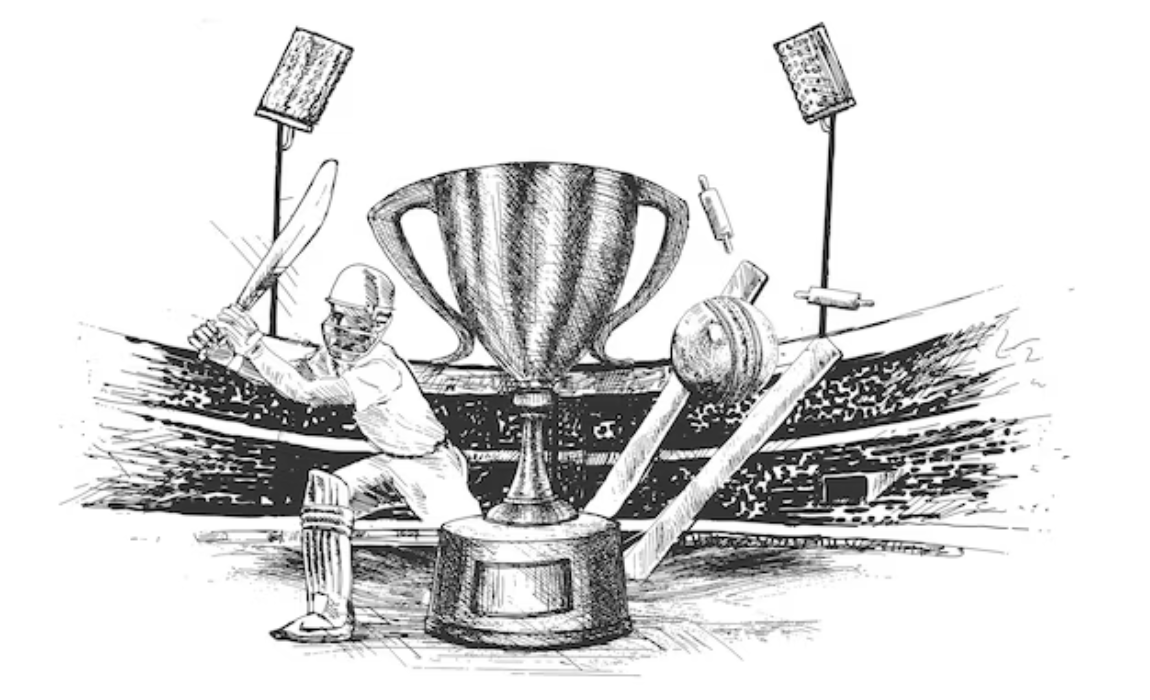
End of intrigue: On the ICC Champions Trophy 2025
One of the most prominent international cricket competitions, the ICC Champions Trophy 2025, is expected to reignite interest in sports worldwide. As the cricketing world prepares for this grand event, the intersection of sports and law emerges as a crucial domain, especially concerning contemporary legal issues such as match-fixing, betting regulations, players' rights, and enforcing sports laws. The ICC Champions Trophy 2025 marks the return of one of cricket’s most enduring tournaments despite an increasingly crowded international schedule dominated by bilateral series, domestic T20 leagues, and the prestigious ODI and T20 World Cups. The judiciary's role in maintaining the integrity of the sport has never been more significant as legal mechanisms continue to evolve to address emerging challenges.
Cricket is not merely a sport, but an institution governed by international and domestic laws. The regulating organization, the International Cricket Council (ICC), enforces strict rules,
such as anti-corruption statutes, doping laws, and dispute-resolution mechanisms to guarantee the integrity of the game. The Indian court has frequently been instrumental in guaranteeing adherence to these standards, especially regarding the Supreme Court's and High Courts' involvement in governance and ethics-related issues inside the Board of Control for Cricket in India (BCCI).
initial refusal to travel to Pakistan, citing security concerns. The matter quickly escalated into a diplomatic and administrative challenge requiring multiple levels of intervention. A compromise was reached under which India’s matches will be played in Dubai, highlighting the evolving role of international arbitration and sports diplomacy in resolving disputes between cricketing nations. This decision, although ensuring India’s participation, raises critical questions about the autoThe ninth edition of the Champions Trophy, hosted by Pakistan, was at risk due to India’s nomy of international sports bodies, the enforcement of contracts, and the jurisdictional challenges in international sporting events.
One of the most contentious legal issues surrounding international tournaments like the ICC Champions Trophy is match-fixing and illegal betting. While betting is legal in several countries, India continues to struggle with rampant illegal betting markets, often linked to organized crime. The absence of a comprehensive sports law in India has been a significant legal vacuum. The Prevention of Corruption in Sports Bill, which aims to criminalize match- fixing and enhance regulatory oversight, is yet to be enacted. Meanwhile, the Public Gambling Act, 1867, remains outdated in dealing with modern-day betting challenges. Doping scandals have often tainted sports events, prompting legal interventions to uphold fair play. The National Anti-Doping Agency (NADA) and the World Anti-Doping Agency (WADA) have set strict regulations, and judicial bodies must ensure compliance with anti- doping laws
The commercialization of cricket has given rise to legal disputes over broadcasting rights, player contracts, and image rights. Furthermore, concerns regarding players’ mental health and well-being have led to discussions on implementing comprehensive legal frameworks that mandate ethical treatment, workload regulation, and mental health support for cricketers. Courts must continue to uphold the players’ rights while balancing commercial interests. Additionally, gender discrimination in cricket has led to legal debates regarding equal pay and opportunities for women cricketers. The judiciary’s role in advocating for gender equity in sports administration, as seen in the Supreme Court’s observations on equal pay in Indian Women’s Cricket v. BCCI (2023), sets an important precedent for future reforms.
In conclusion, the ICC Champions Trophy 2025 is more than just a cricket tournament. It reflects how legal, political, and diplomatic factors shape modern sports. The judiciary's role in ensuring fair play, contract enforcement, and dispute resolution remains crucial as global cricket evolves in a politically sensitive and legally complex environment. Whether through international arbitration, sports tribunals, or national courts, legal oversight in sports is becoming increasingly indispensable in maintaining the integrity of global competitions like the Champions Trophy.
